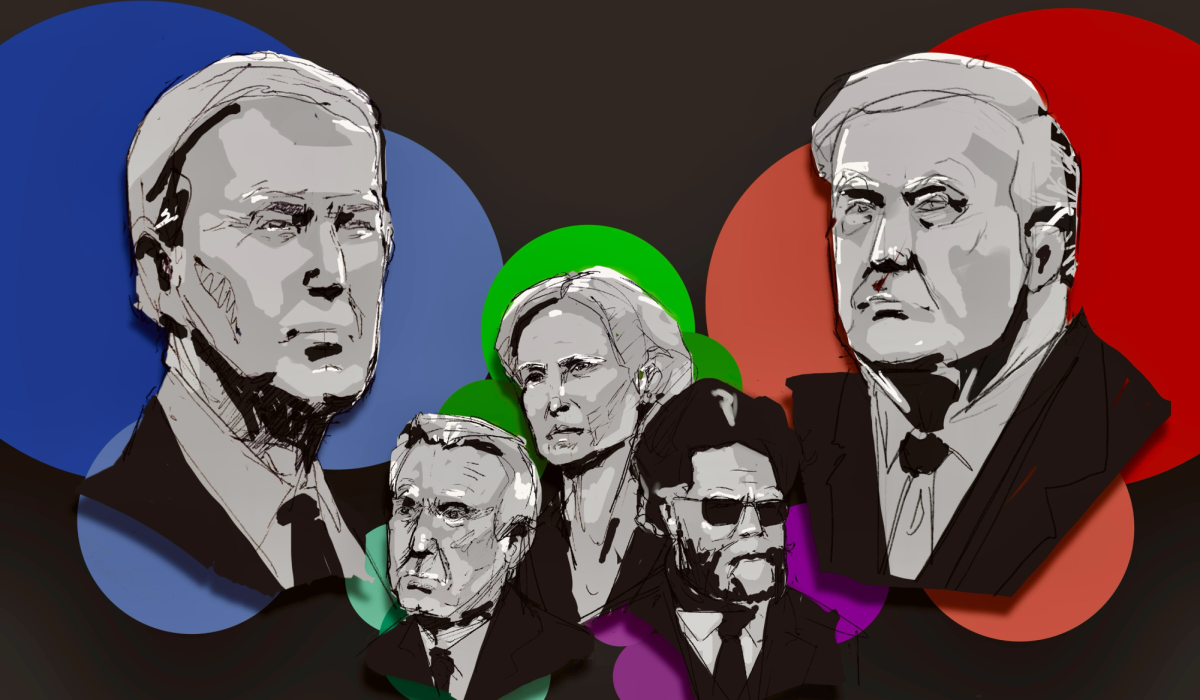The Interfraternity Council at UC Berkeley suspended social activities on Tuesday, Oct. 18 after receiving reports that two students were sexually assaulted at fraternity parties over the weekend.
The council announced the suspension in a statement posted on their Facebook page, where members of the Executive Board expressed their condemnation of the “vile and unjust” incidents.
“The [Interfraternity Council] has voluntarily decided to suspend all social events until we can re-evaluate our risk management practices and care for those who have been affected,” the statement read.
One student told Berkeley police she was sexually assaulted by an acquaintance during a social event at an off-campus fraternity on the morning of Saturday, Oct. 15. Another said she experienced “unwanted sexual conduct” on the night of Friday, Oct. 14 while attending a social event, according to an alert issued by the campus police department.
The Berkeley Police Department is investigating both cases. Campus police issued two alerts in close succession on Monday evening announcing the sexual assault reports and asking for information regarding the attacks.
“Our Special Victims Unit continues to investigate the incidents and there have been no arrests as of yet,” Officer Byron White, the public information officer for the Berkeley Police Department, told the UCSD Guardian.
Emily Collins, a Revelle College sophomore and member of UCSD Greek life, explained to the Guardian that the social events referred to by the Interfraternity Council’s statement “usually consist of open parties, cocktail parties, bid and pinning parties, as well as exchanges or mixers.”
In their statement, the Interfraternity Council suggests the perpetrators of the alleged attacks may not be part of Greek life at UC Berkeley.
“While we have no reason to believe that these [alleged attacks] were committed by fraternity men on this campus, it is still disheartening and alarming that they have occurred on university property,” the statement said. “We wish to reiterate our pledge to eliminate sexual violence from our community and reaffirm our commitment to our members and students of Berkeley to provide a safe environment for all.”
When asked to name the fraternities involved, White told the Guardian, “As the victims may know their attacker in some of the cases, we are not releasing the names of specific fraternities/sororities as it may jeopardize the ongoing investigations.”
In the closing paragraph of the statement, the Interfraternity Council recognized the “immense courage it took for the survivors to report these crimes,” and pledged to do “everything in our power to respect their privacy and their wishes.”
With sexual assault often going unreported, a wave of activism aimed at refining the definition of consent has swept universities across the country and may be encouraging more victims to submit police reports. UC Berkeley’s annual crime statistics show that UC Berkeley received 45 reports of rape and other sex offenses in 2015, compared to 23 in 2012.
As for UCSD, the trend is similar, with the number of reported sex offenses increasing since 2012: UCSD’s annual crime report shows that UCSD received 17 reports of rape and other sex offenses in 2015, compared to 12 in 2012.








